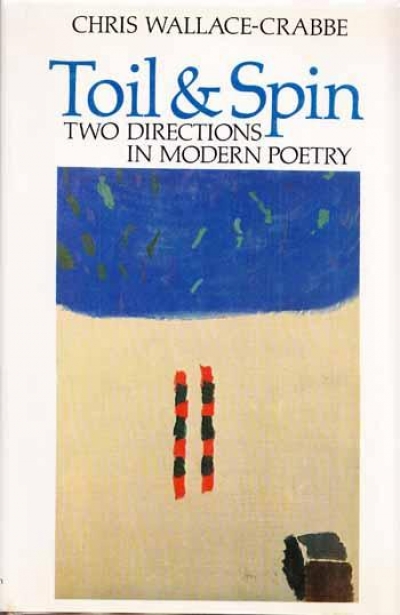Chris Wallace Crabbe
Writing is what I love doing. There is almost nothing like it. Even playing two or three close sets of tennis will not quite compete with having a good poetic theme discover you, and then managing to nut it out, to make it chime like a bell. No wonder the French critics are so fond of talking about the jouissance of a text. When a poetic shape-and-theme I’ve been struggling with comes good, it comes like an express train. And, whether painful or pleasing, writing has become an absolute necessity, so that I grow fretful, grumpy, zany, if I haven’t written anything decent for several days.
... (read more)Memoirs of Many in One by Alex Xenophon Demirjian Gray (edited by Patrick White)
Boy with A Telescope by Jan Owen & The Twofold Place by Alan Gould
Chris Wallace-Crabbe reviews 'Poems for an Exhibition' by R.H. Morrison, 'Outer Charting' by Hal Colebatch, and 'The Flower Industry' by Andrew Sant
The three books under review here promote no generalisation about the condition of poetry, the health of the beast, unless they call to mind the difference between poems which are interesting from line to line and those which somehow resonate as wholes. R.H. Morrison, the eldest of the three poets, is the one who most often produces whole poems, at least to my ear.
... (read more)




